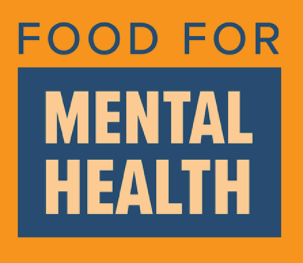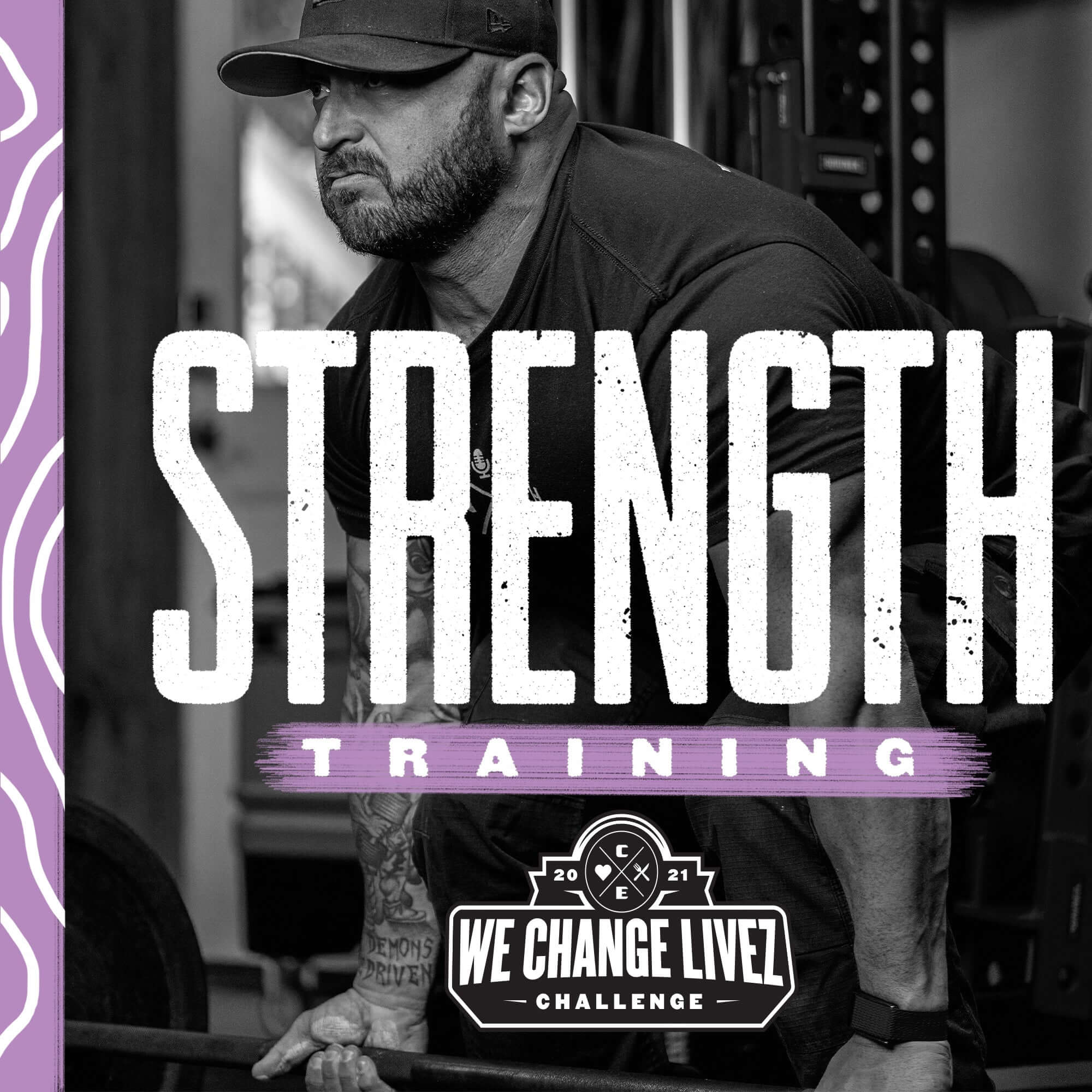
Four Surprising Weight Loss Tips
Crystal Zabka-Belsky, MS, RDN, CSSD, LMNT, LDN
Nutrition
|
Weight Loss
6 minute read
The new year has arrived! And with it, we're all usually considering some sort of weight loss diet or searching for practical weight loss tips to achieve our weight goals.
If you're tired of traditional advice and looking for fresh ideas to shed those extra pounds, you're in the right place. Get ready to discover unique approaches that may surprise you, but can make a significant difference in achieving your weight loss goals. Let's dive in and explore these innovative tips that could revolutionize your weight loss experience.
4 Weight Loss Tips
Losing weight can be a challenging journey, but rest assured, you're not alone. Whether you're looking to shed a few pounds or embark on a significant transformation, we're here to support and empower you. From nutrition and exercise to mindset and habits, we will explore a range of practical and effective tips that can help you reach your weight loss goals.
Here are some of the best weight loss tips to incorporate into your lifestyle!
Don’t try to be perfect!
I know this may seem backward, but striving for perfection with eating and exercise may lead to more struggle. In fact, there are connections between possessing a perfectionistic personality and engaging in chronic online searches related to food, diet, exercise, body appearance, and eating disorders. Searching for a perfect way to start your weight loss journey will consume you and probably not be very productive in the end. Don’t fall into the trap of maladaptive perfectionism! Focus on establishing a holistic healthy lifestyle with consistent, but not perfect behaviors. Setting an expectation for perfection is unrealistic and can lead to feeling like a failure within the perfection diet trap. Don’t do that to yourself.
Don’t avoid your trigger foods!
Having worked with eating disorders for over 15 years as a nutrition therapist, one of my tips for fast weight loss that surprises my clients most is to work foods you would commonly overeat into a healthy meal plan. This may sound crazy! However, forbidden foods increase the risk for ultimate overeating, sometimes even pathological binge eating as described by authors at Eating Disorder Hope. They also create a preoccupation with whatever foods are viewed as bad, leading to a series of problems including overeating, unhealthy compensatory behaviors, and the emotional backlash that comes along with these behaviors, often in the form of guilt and shame. Strategically incorporating foods into your meal plan helps to identify how, in moderation, they fit into a balanced diet, like a keto meal delivery plan. For example, instead of avoiding chocolate candy like the plague, incorporate it into a salty trail mix. Now it has a purpose. Manipulation of how an individual eats may have a greater impact than what they are eating. Using a meal prep delivery service to build a meal plan that controls food portions may be a great teaching tool to increase insight into what normal portions look like, establish a consistent pattern of eating, and reduce the potential for binge eating secondary to unaddressed hunger or chronic overeating. These changes in how an individual eats will contribute to more consistent and long-term weight loss without creating good and bad foods.
Don’t make weight loss your primary goal!
Even though this is what we all go to, it really isn’t the best measure of holistic wellness. There are a variety of tools aimed at measuring overall wellness. In addition to physical health, the factors assessed with these tools include areas like nutritional health, interpersonal relationships, mental health, cognitive function, autonomy, and self-acceptance, among others. Another one of the weight loss tips is essential that individuals see themselves as more than just a number on the scale. If losing weight contributes to increased mental health issues or a strain on personal relationships, was it really a win in the end? If not, the risk for rebound weight gain due to increased overall distress rises.
Develop a flexible plan!
As I mentioned before, no plan will ever be perfect. It just doesn’t work like that. Develop a plan that allows for flexibility and adaptation. One of the easiest ways to have a flexible weight loss meal plan is to allow for a variety of food types, preparation styles, and delivery methods. You don’t have to cook every meal from scratch at home! That doesn’t even make sense in today’s world. Having healthy prepared meals in your freezer is a great strategy to avoid throwing in the towel when you are too tired to cook or are running short on groceries. Plus, having healthy meals delivered will give you new ideas to help you build your meal plan!
Final Thoughts
In conclusion, as you embark on your weight loss journey, it's important to approach it with an open mind and embrace new and surprising strategies. Striving for perfection or avoiding trigger foods can actually hinder your progress, so focus on establishing a holistic and balanced lifestyle instead. Follow the above-mentioned weight loss tips. Remember that weight loss should not be your sole goal, but rather a part of a broader focus on overall wellness. Take a flexible and adaptable approach, allowing room for variety and incorporating convenient options like meal prep delivery services to support your busy lifestyle. By adopting these innovative tips for fast weight loss, you can revolutionize your weight loss experience and achieve long-term success. Embrace the journey, be kind to yourself, and celebrate every step forward on the path to a healthier and happier you!
FAQ
How to stick to a weight loss plan?
Sticking to a weight loss plan can be challenging, but here are a few tips: set realistic goals, find enjoyable activities, create a support system, track your progress, and stay motivated by focusing on the benefits of a healthier lifestyle.
What is a realistic weight loss goal?
A realistic weight loss goal varies depending on individual factors, but a general guideline is to aim for a gradual and sustainable loss of 1-2 pounds per week. Consulting with a healthcare professional or registered dietitian can help determine a personalized goal.
How much to walk for weight loss?
The amount of walking needed for weight loss depends on various factors like your current fitness level and weight loss goals. Generally, aiming for at least 150 minutes of moderate-intensity walking per week, or about 30 minutes a day, can be beneficial for weight loss.
Why psychology is key to weight loss?
Psychology plays a crucial role in weight loss because our mindset, emotions, and behaviors significantly impact our eating habits and overall lifestyle. Addressing psychological factors like stress, emotional eating, and self-sabotaging thoughts is essential for long-term success and sustainable weight loss.
Related Articles
Food for Mental Health
7 minute read
Mind Over Matter - Losing Weight is Mental
4 minute read
Should I take a Pre-Workout Supplement?
3 minute read



